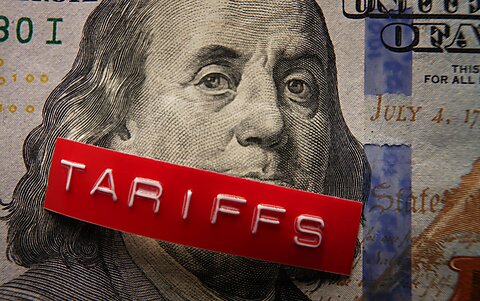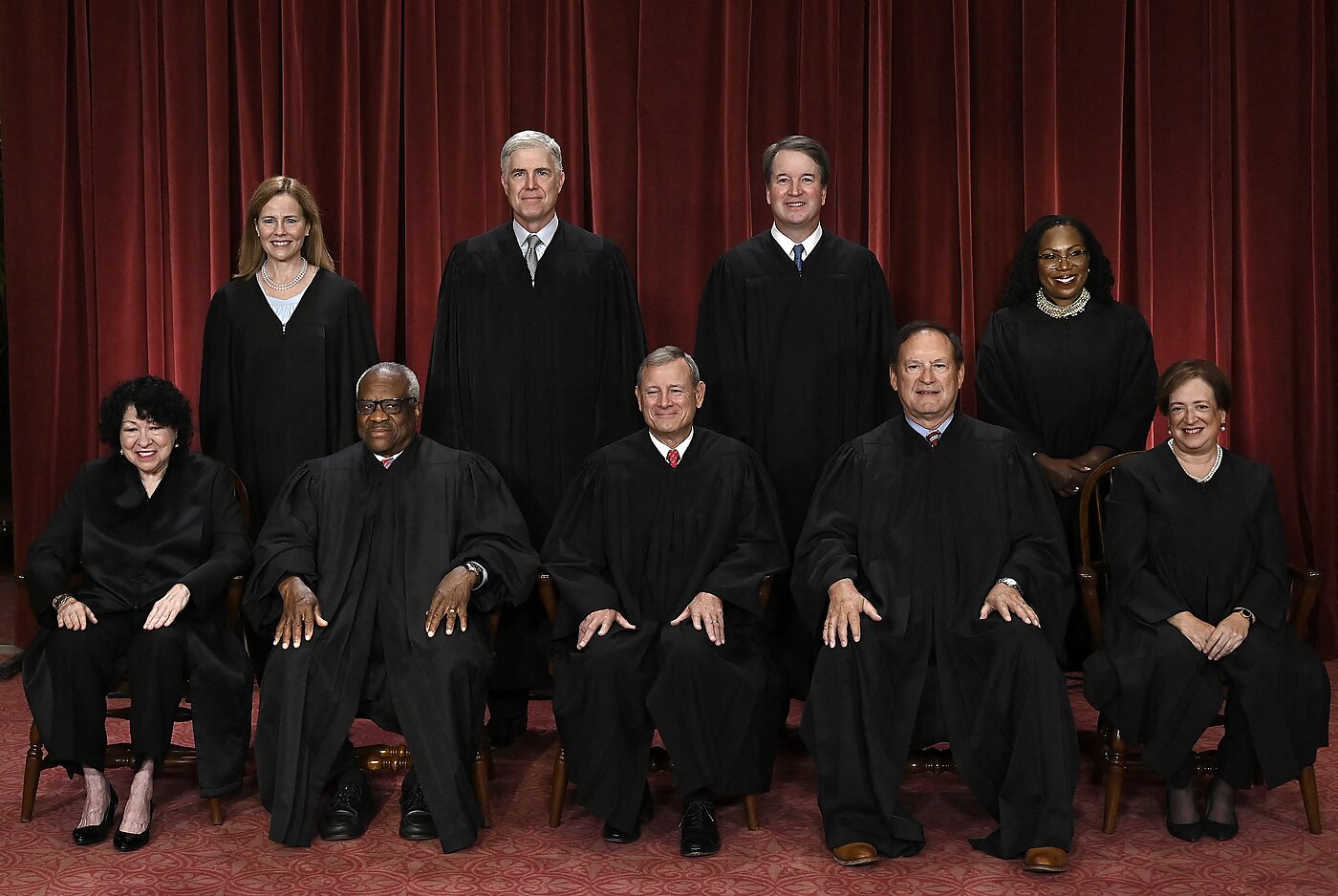Thomas A. Berry and Brent Skorup
On November 5, the Supreme Court will hear oral arguments in what is likely to be the biggest case of the term: the Tariffs Case. Although the twists and turns of the case have been complex, the bottom line is simple. Congress never authorized the tariffs at issue, and the Supreme Court should strike them down.
Here’s how we got here: Shortly after taking office, President Trump issued a series of executive orders imposing new duties on imports from dozens of countries, resulting in rapid increases and (partial) decreases in tariff rates—from 10 to 145 percent. The president claims the tariffs are necessary to combat illegal drug trafficking and trade imbalances, both of which he has declared “national emergencies.” To justify these actions, he invoked the International Emergency Economic Powers Act of 1977 (IEEPA).
For decades, presidents have used IEEPA to impose economic sanctions on nations or individuals. But this is the first time a president has invoked IEEPA to impose tariffs. The new tariffs have inflicted large costs on many American business owners. A group of states and small businesses, including V.O.S. Selections—a family-owned wine and spirits importer—sued in the US Court of International Trade (CIT) to block the duties.
The core dispute is whether the statute’s phrase “regulate … importation” can be stretched to authorize the president to raise and lower tariff rates. The CIT held it cannot and blocked the tariffs; the Federal Circuit affirmed. The administration then appealed to the Supreme Court, where Cato filed an amicus brief in support of V.O.S. Selections and other importers.
Our brief provides historical context about Congress’s constitutional role in tariff policy and the IEEPA’s original purpose. Under Loper Bright v. Raimondo (2024), courts must determine the best reading of a statute rather than defer to executive interpretations. We identify several reasons why the President’s interpretation of “regulate … importation” cannot stand.
First, Article I, Section 8 of the Constitution vests the power to impose tariffs solely in Congress. For more than a century, Congress set tariff rates directly—even in times of war and national crisis—because duty-setting is a legislative function that cannot be vested in the Executive.
Second, the IEEPA’s text provides no support for tariff authority. When Congress has delegated such power, it has done so expressly and narrowly, as in the Trade Expansion Act of 1962 and the Trade Act of 1974. The IEEPA, by contrast, makes no mention of “tariffs” or “duties,” and no president has ever used it to impose tariffs—until now.
Finally, our brief responds to Professor Aditya Bamzai’s amicus brief arguing that the phrase “regulate … importation” in IEEPA incorporates the law-of-war understanding from the 1917 Trading with the Enemy Act. But Bamzai’s historical examples all involve the president acting as a wartime commander over occupied or hostile territory, not as a domestic regulator in peacetime. The Court should not conflate the Constitution’s Article I tariff power with international law principles governing the rights of a conqueror.
The government’s reading of IEEPA not only stretches the text beyond recognition, but it also undermines the Framers’ separation-of-powers designs. The Court should reject the administration’s interpretation and affirm the decision blocking these tariffs.

